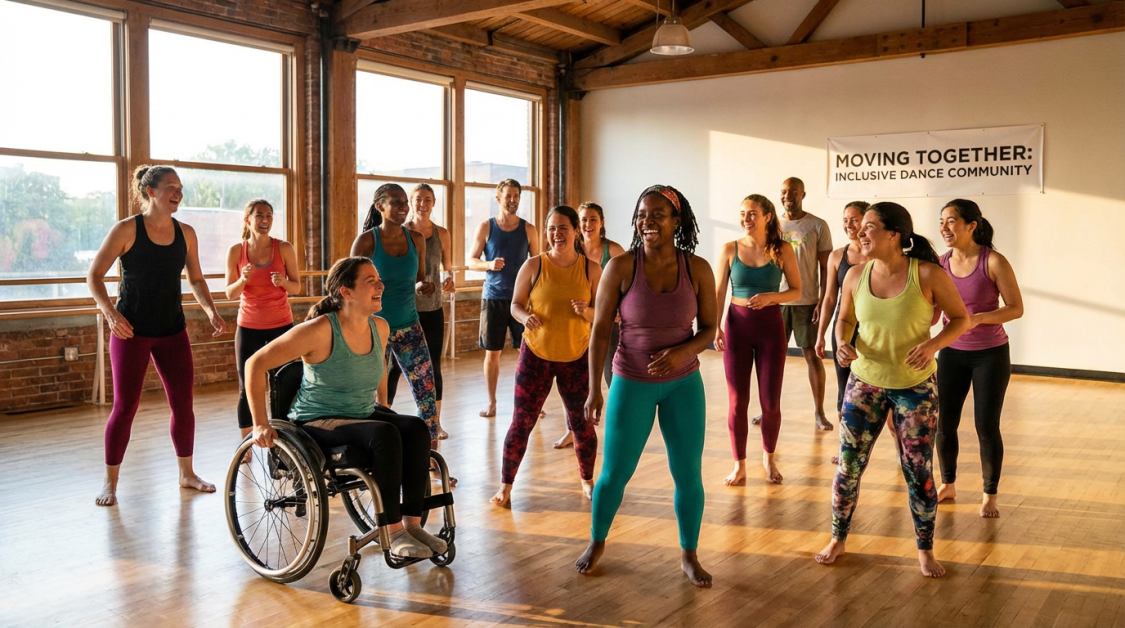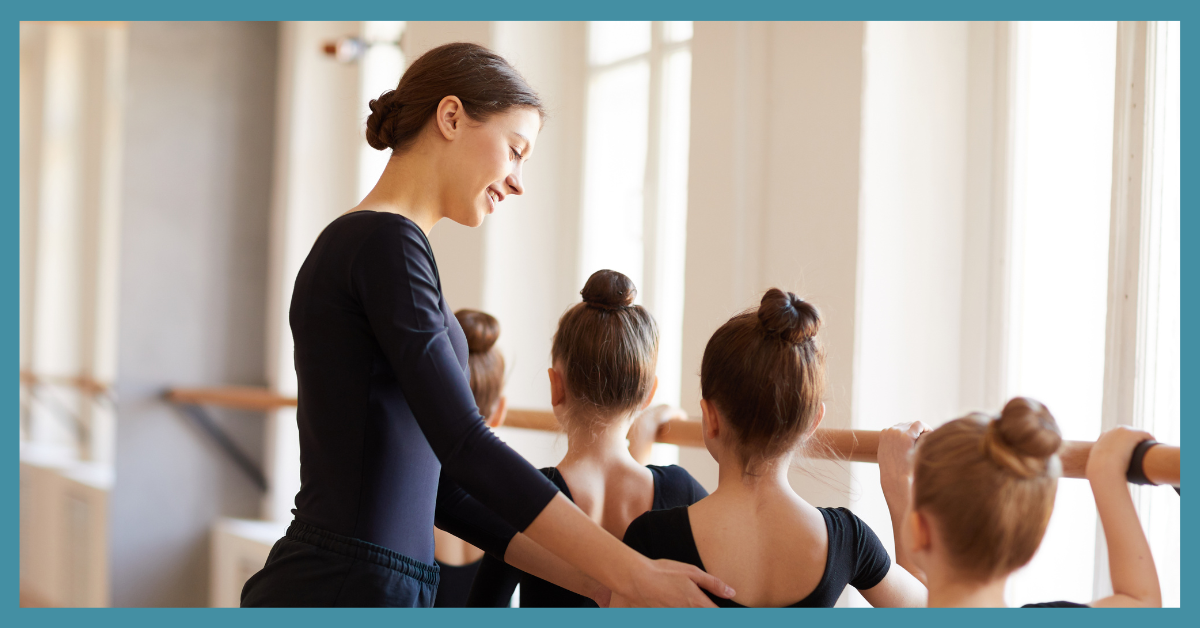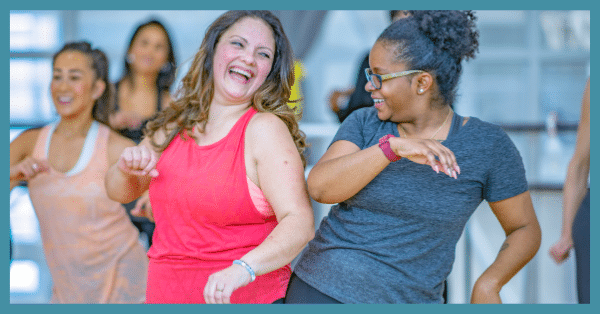Becoming a Dance Teacher: Essential Insights and Tips for Success

Thinking about getting into dance teaching? I’m excited to share some nuggets of wisdom from my time as a dance teacher, which might just help you as you start or think about your teaching career. Whether you’re dreaming of opening your own studio or beginning to teach, I’ve got some practical insights drawn from my own ups and downs that’ll give you a clearer idea of what becoming a dance teacher really involves.
Talent Doesn’t Always Equal Great Teaching
You might think the best dancers would automatically be great teachers, right? Well, it’s not that straightforward. Teaching dance is less about how well you can bust a move and more about how you communicate, understand, and have patience.
Personal Experience: Years ago, I worked with a dancer who was absolutely incredible as a performer. But teaching? That was a different story. She struggled not with the dancing, but with getting her knowledge across to beginners and breaking it down. Watching her, I realised that being a top-notch teacher is about more than just dance skills; it’s an art. It involves tailoring your knowledge to fit the needs of your students.
On the flip side, some dancers who weren’t as successful turned out to be phenomenal teachers. Their secret was simple: they were ace at connecting with their students and could adapt their lessons to meet students’ challenges. This taught me that empathy and effective communication are sometimes more important than stellar dance skills.
It’s Not Just About Dancing
Running a dance studio or teaching isn’t just about the dance itself; it involves a whole mix of skills that often don’t hit you until you’re well into the job. These include everything from admin to marketing, and even finance—all crucial for keeping your dance teaching career on point.
Admin Skills: Passion for dance is one thing, but the admin can eat up your time! I quickly learnt that being organised wasn’t optional. From scheduling classes to managing emails, having a solid system in place let me focus more on the actual teaching.
Marketing Skills: Then there’s the challenge of filling those dance classes. Years ago this meant flyers and local paper ads but we soon clocked the potential of social media and digital marketing. Getting savvy with these tools was a game-changer, helping our classes & studios grow.
Financial Management: Maybe one of the scariest parts is handling the money. Setting class prices, budgeting for shows—you name it, understanding the finances is key. I once nearly faced a financial disaster during our awards presentation night due to poor planning. It was a tough but valuable lesson in keeping a tight rein on the budget.
Personal Story: At first, juggling all these tasks was overwhelming. I spent nights wrestling with spreadsheets and marketing plans, feeling way out of my depth. But as I got to grips with these roles, I realised they were just as key to my job as teaching dance steps.
Building a Support Network
Having solid backing is vital, whether it’s from family, friends, colleagues, or even your students’ parents. This support network is crucial for the daily grind and the broader success of your teaching and business efforts.
Professional Support: In the dance world, teamwork often leads to bigger successes. Networking with other dance teachers and joining dance associations has been invaluable. I’ve picked up not just good teaching content & methods but also solid business practices.
Family and Friends: On a personal note, having my family and friends chip in has been a lifesaver. They’ve helped during extra practices, tackled administrative tasks, and more. I vividly remember a hectic show week when a friend stepped in to handle all the costume alterations, allowing me to focus on the actual performance. I definitely owe her for saving me that week!
Community Involvement: Getting stuck into local events and hosting open days has also been key in building a supportive community around the studio. These efforts don’t just promote the studio; they also create a welcoming environment for students and their families, boosting retention and word-of-mouth.
Personal Story: A standout memory for me was when a last-minute cancellation nearly ruined an event we were running the next day. Thanks to strong connections with other studio owners, we secured a new venue just in time. It was a real testament to the power of a reliable support network.
Keeping Up Physically and Mentally
Teaching dance is demanding, both physically and mentally. Preparing for these demands is essential for staying in the game long-term.
Physical Health: Dance teachers are always on the go, which means you need to look after yourself. Proper nutrition, enough rest, and regular health checks are vital. I also find that mixing in activities like yoga helps keep me fit and injury-free.
Mental Health: The mental load of teaching—planning, problem-solving, engaging emotionally with students—can lead to burnout if you’re not careful. I make sure to set clear work-life boundaries and use various techniques to keep my head clear.
Personal Experience: There was a time when I ignored signs of burnout, which led to a serious injury. It forced me to stop teaching for a while and taught me the hard importance of listening to my body and respecting my limits.
Wrapping Up
Teaching dance is more than a job—it’s a calling. It demands a lot but gives back so much. Whether you’re just starting out or have been at it for years, remember, you’re doing more than just teaching steps; you’re making a difference. Here’s to all of you stepping into this role—may your journey be as fulfilling as it is challenging!






Responses